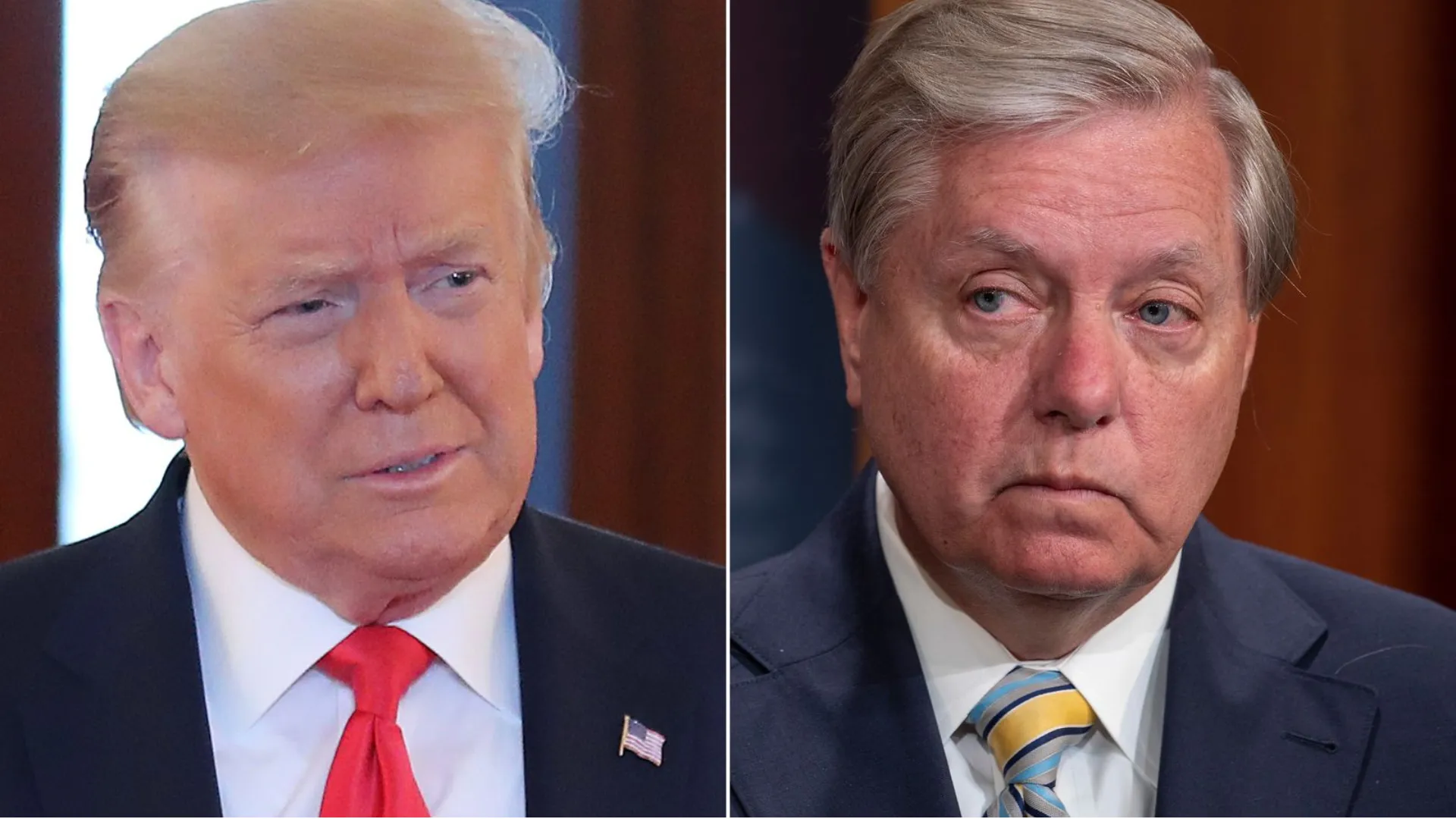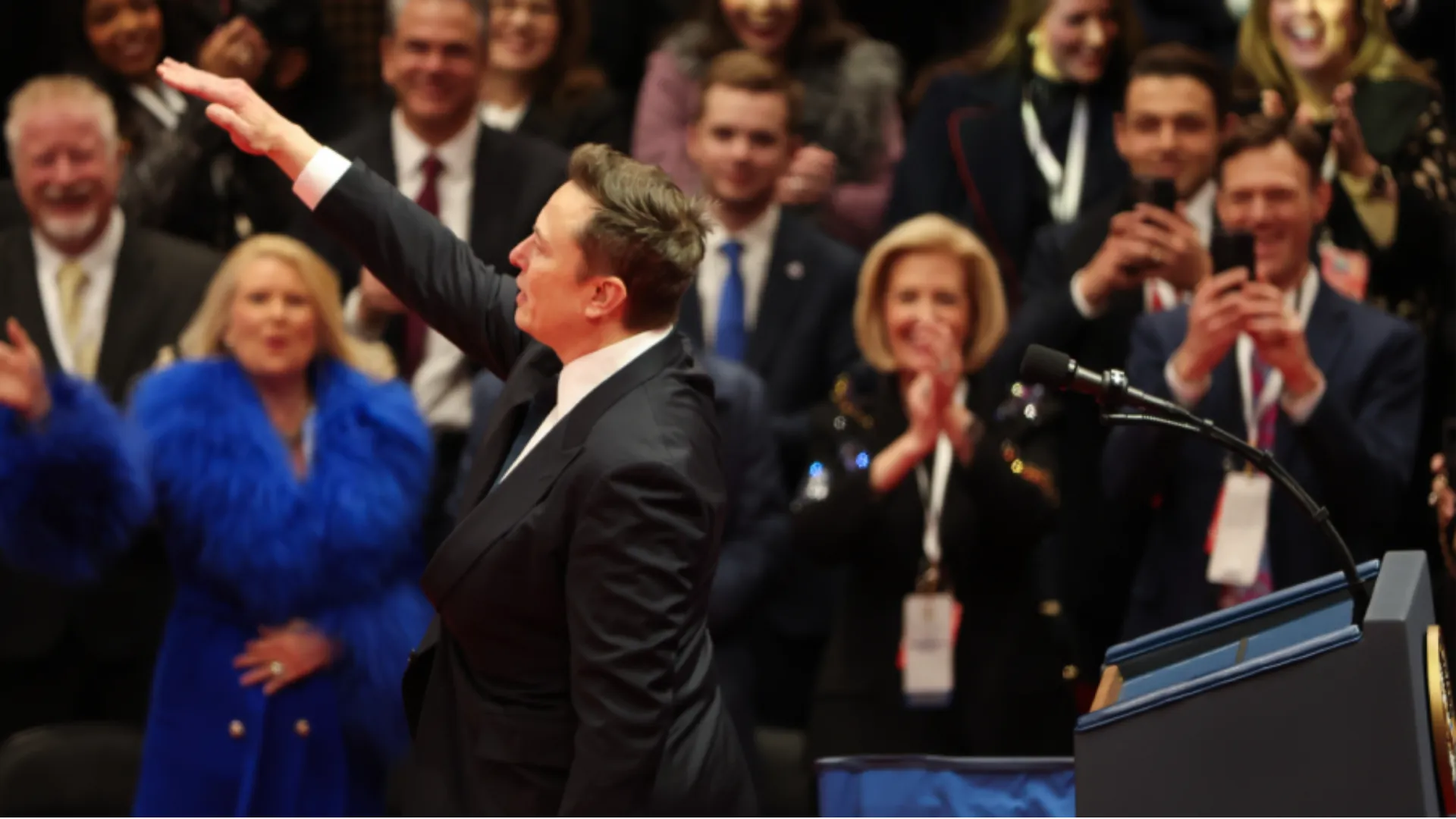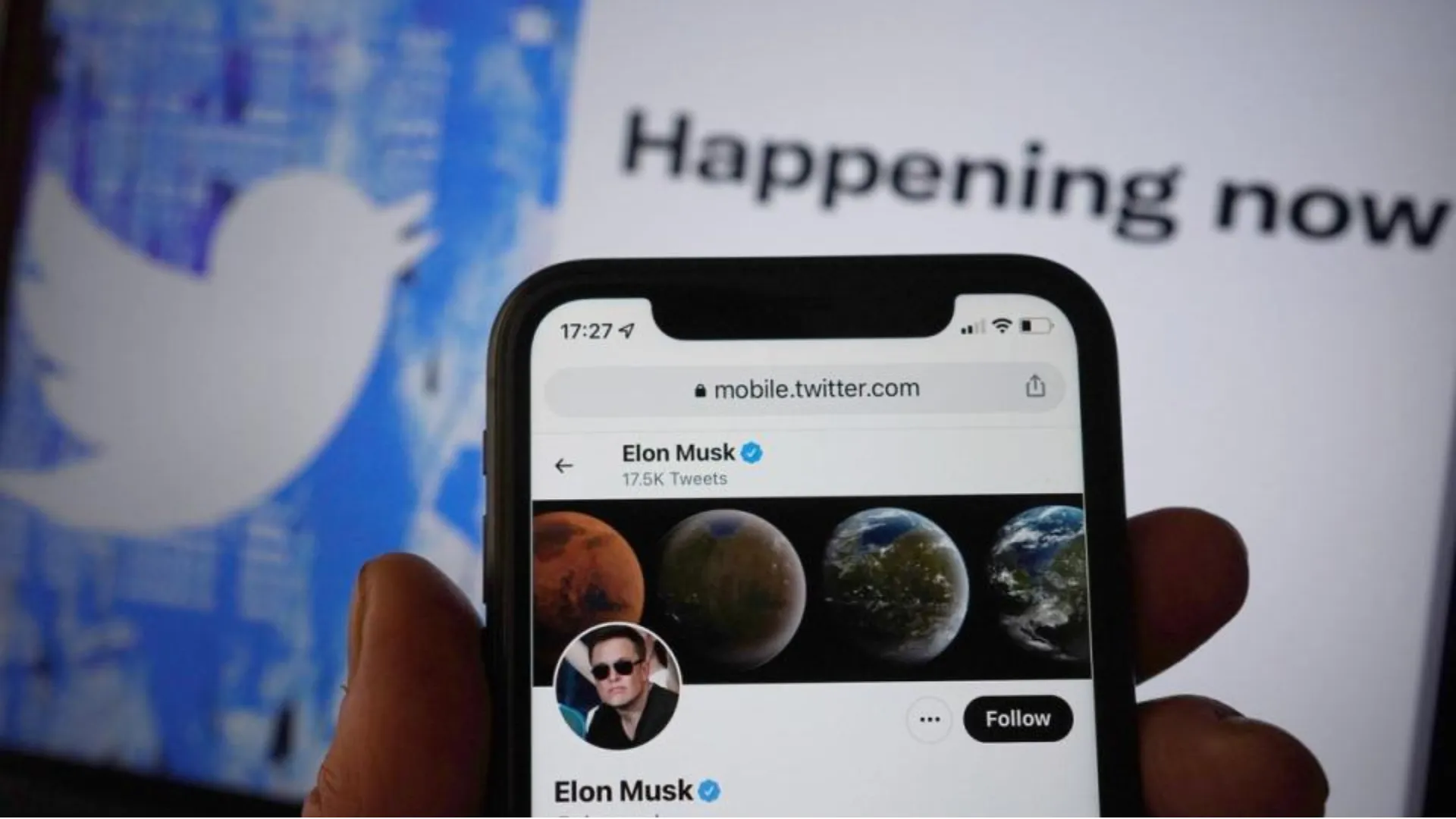Elon Musk has indicated that he may take legal action against Minnesota Gov. Tim Walz after the governor accused him of performing a Nazi salute during an event following Donald Trump’s inauguration. The accusation has sparked intense debate, with Musk dismissing the claim and labeling Walz “creepy.” The controversy has since gained widespread attention on social media, particularly on X, the platform owned by Musk.
The incident in question occurred on January 20, when Musk placed his right hand over his heart and then extended his arm outward at an angle with his palm facing down. He repeated the motion twice, reportedly saying, “My heart goes out to you.”
The gesture has drawn criticism for its resemblance to the infamous salute used by Nazi Germany and fascist Italy. Videos of Musk performing the gesture circulated quickly, leading to outrage and accusations from his critics.
Gov. Walz, who ran alongside Kamala Harris as the Democratic vice-presidential candidate against Trump in the 2024 election, weighed in on the controversy during an MSNBC interview on Tuesday. “We spent three days debating, having them trying to debate that President Musk gave a Nazi salute. Of course, he did,” Walz stated. His remarks added further fuel to the controversy, prompting reactions from both Musk supporters and critics.
A post on X suggested that Musk should sue Walz for defamation. Musk responded directly, writing, “I think I will.” His comment has since led to widespread speculation that he may pursue legal action against the Minnesota governor.
Some legal experts believe that proving defamation in this case could be difficult, as public figures are subject to a higher legal standard in such cases. Others argue that a lawsuit could be part of Musk’s broader strategy to push back against political attacks.
The nature of Musk’s gesture has been widely debated. The Anti-Defamation League (ADL), a leading organization that tracks hate speech and extremism, released a statement describing Musk’s action as “an awkward gesture in a moment of enthusiasm, not a Nazi salute.”
However, the ADL also acknowledged that public concerns over the incident were understandable. Some political analysts argue that the gesture was misinterpreted and that Musk’s critics are using it as a means to attack him.
Despite the ADL’s statement, the gesture has been embraced by some right-wing extremists. According to the Associated Press, several far-right groups have celebrated Musk’s action, viewing it as a nod to their ideology.

This has intensified scrutiny on Musk, who has already faced allegations of enabling extremist rhetoric on X. His critics argue that whether intentional or not, Musk’s influence makes such gestures particularly concerning.
Musk has yet to provide a clear explanation for his actions. Shortly after the controversy erupted, he took to X to mock the backlash, writing, “The ‘everyone is Hitler’ attack is sooo tired.” His dismissive tone suggests that he views the accusations as politically motivated rather than as a genuine concern.
The reaction to the controversy has been divided. Musk’s supporters argue that the backlash is another example of media and political figures exaggerating a non-issue to attack him.
They point to the ADL’s assessment and argue that the controversy is being used as a distraction from more pressing political issues. Others, however, believe that Musk’s influence as a tech mogul and public figure makes such incidents more serious.
They argue that, whether intentional or not, the gesture contributes to the normalization of extremist imagery.
If Musk decides to sue Walz, the case could become a high-profile legal battle. Legal analysts note that defamation cases involving public figures are notoriously difficult to win in the United States.
Musk would have to prove that Walz knowingly made false statements with “actual malice,” a high legal standard established in U.S. defamation law. Walz, on the other hand, could argue that his comments were based on a reasonable interpretation of Musk’s gesture.
The lawsuit, if filed, could also have political implications. Musk’s relationship with Trump has strengthened in recent months, with some speculating that he could play an influential role in Trump’s potential second administration.
By targeting Walz, a prominent Democratic figure, Musk may be signaling his willingness to confront political adversaries more aggressively.
The controversy over Musk’s gesture reflects broader political tensions in the United States. In an era of heightened political division, even seemingly minor actions can become flashpoints for national debate.
Musk’s growing role in politics, his ownership of X, and his association with Trump make him a particularly polarizing figure. His critics argue that he is using his platform to push right-wing narratives, while his supporters see him as a victim of political persecution.
As of now, Musk has not officially filed any lawsuit, and Walz has not responded directly to Musk’s comments about suing. However, the incident continues to dominate discussions on social media and in political circles.
Whether or not legal action is taken, the controversy has further solidified Musk’s position as a central figure in America’s ongoing political and cultural battles.







